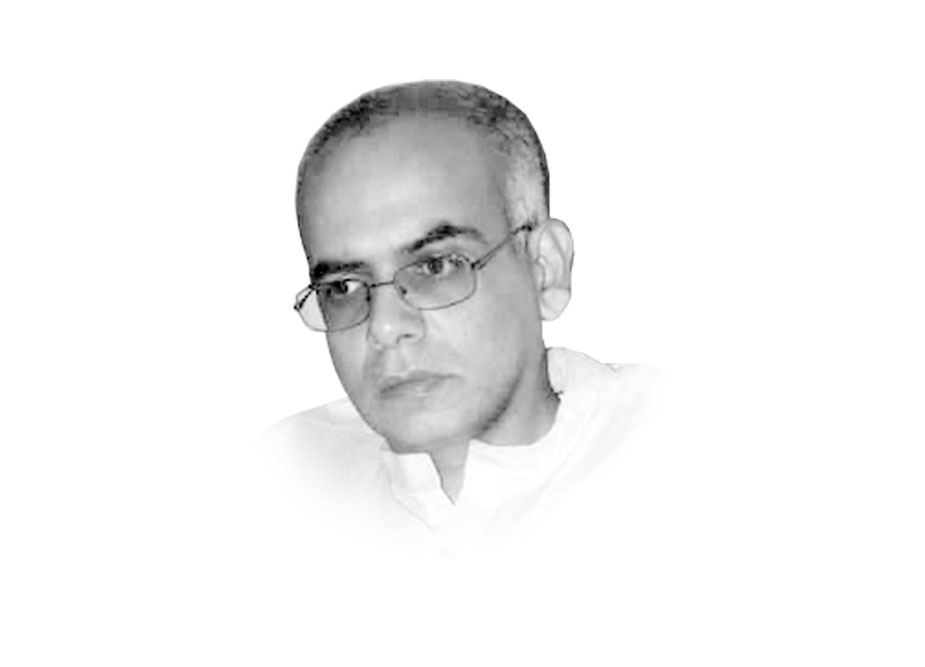
Pakistan was rightly upset by recent revelations of longstanding Indian disinformation campaign aiming to tarnish Pakistan’s image abroad. The fact that India’s international disinformation campaign was highlighted by a neutral Brussels-based entity, EU DisinfoLab, and highlighted by major global media outlets ranging from Al Jazeera to BBC, and Reuters, is certainly no good news for India’s reputation abroad.
The Indian Ministry of External Affairs was quick to dismiss assertions made by EU DisinfoLab’s investigative report. India instead tried to point a finger at a country “next door”, which it said shelters terrorists and relies on misinformation. However, “Indian Chronicles” report laid bare a longstanding and extensive network of Indian attempts to specifically target Pakistan. The Indian operation took place over 15 years in 116 countries, featuring over 500 fake media outlets and a dozen fake NGOs. This massive network aimed to push a pro-India and anti-Pakistan narrative in the EU and the UN.
While the report did not pay much attention to the broader range of increasingly aggressive internal and external policies of the Modi government, it highlighted how tightly India’s “private” news media is aligned to the government’s foreign relations agenda. This problematic nexus was again illustrated by the recently leaked WhatsApp chats of Republic TV editor-in-chief Arnab Goswami, demonstrating he was privy to confidential military airstrikes in Balakot days before they happened.
NGOs like the Polis Project have rightly been pointing to mainstream Indian media becoming an amplifier of government propaganda, often pouring jingoistic fuel on an increasingly ultranationalist state narrative.
It remains to be seen the extent to which the EU, the UN, or even the incoming US administration will chastise India for its actions. While concerns around disinformation abound in the current political milieu, fact remains that political groups and states have long used propaganda and misinformation against each other. In the modern era, Nazis used propaganda and maligning opponents became increasingly sophisticated during the Cold War, spurring the growth of numerous “perception management” think-tanks and media outlets.
Counterintelligence agencies also readily try to exploit friction within other nations, especially where they are locked into antagonistic relations. The internet has led to the creation of new terms such as fifth-generation warfare to describe such practices. However, scholars have righty begun pointing out how evoking such amorphous terms risks enabling states to exaggerate the severity of the threats they face from abroad and to gloss over domestic problems.
Pakistan can and should push back against Indian attempts to discredit Pakistan internationally. Yet, its expectations must remain modest. Realpolitik still makes the world go around. Rhetoric aside, many Western countries have strong relations with India not because of its democratic credentials, but the size of its market and its potential to balance China. Nonetheless, Islamabad has been provided an opportunity to bolster its diplomatic argument concerning the rise of the Hindutva state and its aggressive intents.
Yet, it is vital that Pakistan respond to Indian actions in a measured manner. Pakistan need not launch counter-misinformation campaigns or bolster surveillance in response to India. While foreign actors globally try to exploit their opponents’ domestic vulnerabilities, they often find fertile ground only in situations where there is genuine disgruntlement.
Pakistan needs to pay heed to internal concerns instead of quashing them by invoking national security imperatives or discrediting them by labeling them as a product of nefarious Indian designs.




1730797299-0/BeFunky-collage-(21)1730797299-0-165x106.webp)



1729685382-0/Untitled-design-(57)1729685382-0-270x192.webp)


1730706072-0/Copy-of-Untitled-(2)1730706072-0-270x192.webp)
COMMENTS
Comments are moderated and generally will be posted if they are on-topic and not abusive.
For more information, please see our Comments FAQ